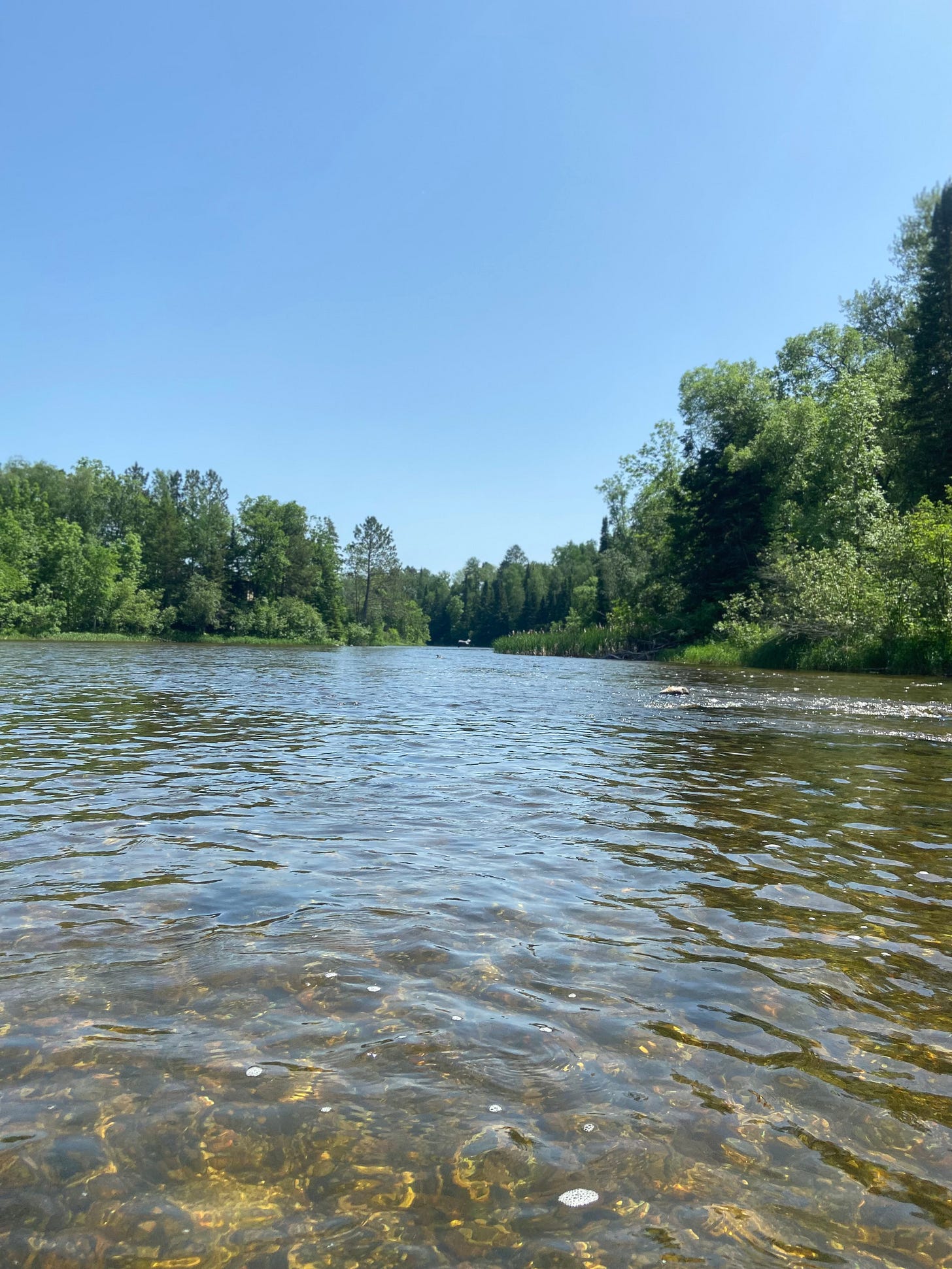City & Country
A new section in the Substack!
I'm going to be working on my garden this summer, up here in the north country. I'll also be moving (part-time) back to the city and getting an apartment in Saint Paul to live in while I'm teaching this next academic year. So it strikes me that I'll be able to do a lot of reflecting on these two elements of my lifestyle, in the city and in the country.
Saint Paul is of course the capital of Minnesota. It's a city of about 303,000 people in a metropolitan area that (with big contributions from Minneapolis and Bloomington) totals about 4 million. Like Minneapolis, the city is situated on the banks of the Mississippi River. Since Bemidji is the first city on the Mississippi, that's a little bit of continuity. Of course, you can't wade across it in Saint Paul!
I lived for nearly twenty years in Minneapolis, before moving out to the country. This will be my first time living on the east side of the river, but I'm sure there will be some similarities with my previous experience -- although I'm looking forward to seeing what has changed in the nearly two decades I've been away! I'm also looking forward to living in both worlds, this coming year, and observing my reactions.
So I've decided to add a "Section" at the top of my Substack called "City & Country" in which I'll write about my current experiences but also post some archival stuff I wrote or recorded as I was learning about country life. I thought people might be interested, for example, to watch a motivated newbie tackle hobby farming. Ironically, I'm going to be winding down some of that this summer, including deconstructing a chicken shed I built as soon as I arrived on this land in 2012.
I haven't forgotten Patrick McNamara’s request to add a "Writing" section as well. I'll get to work on that, too. Expect to see both beginning in the next week or so. Also, to save space on the header, I'm consolidating the sections "History" which contained my own research and ideas about history with "Historiography" which contained my reviews of books and articles by others. The combined section, called "Histori(ography)" will do both.


